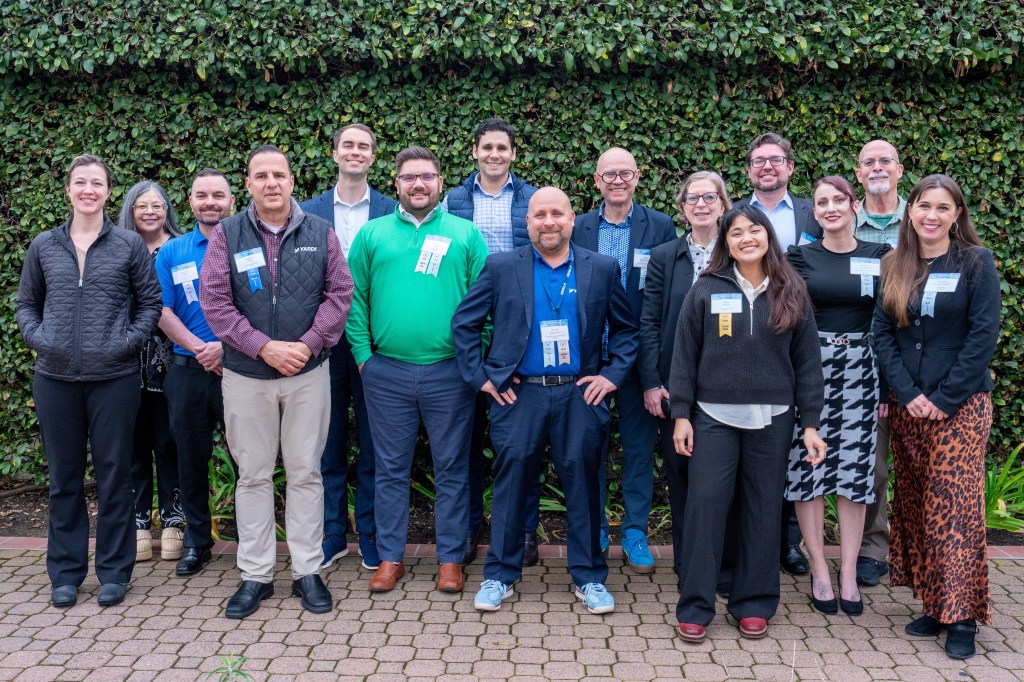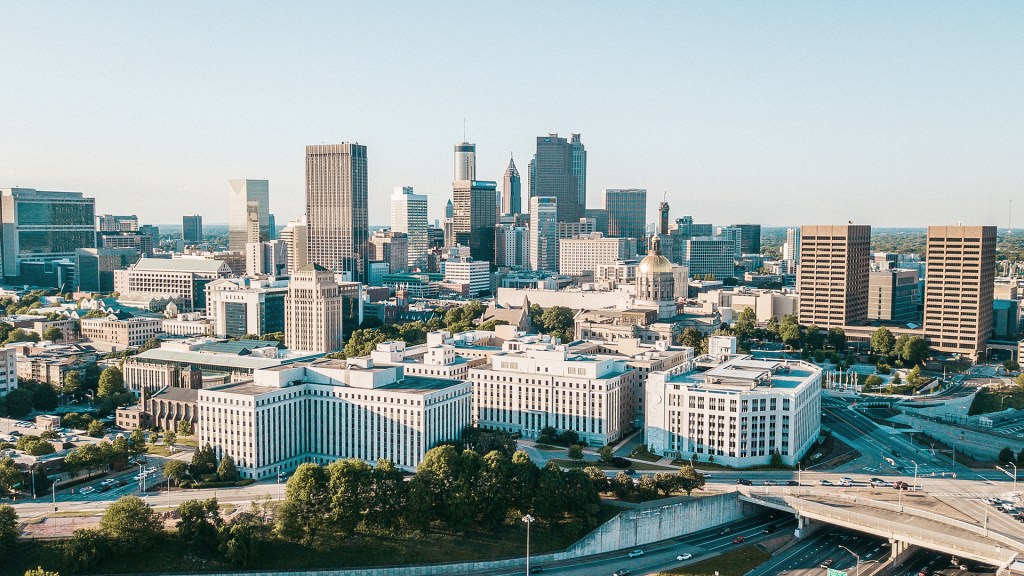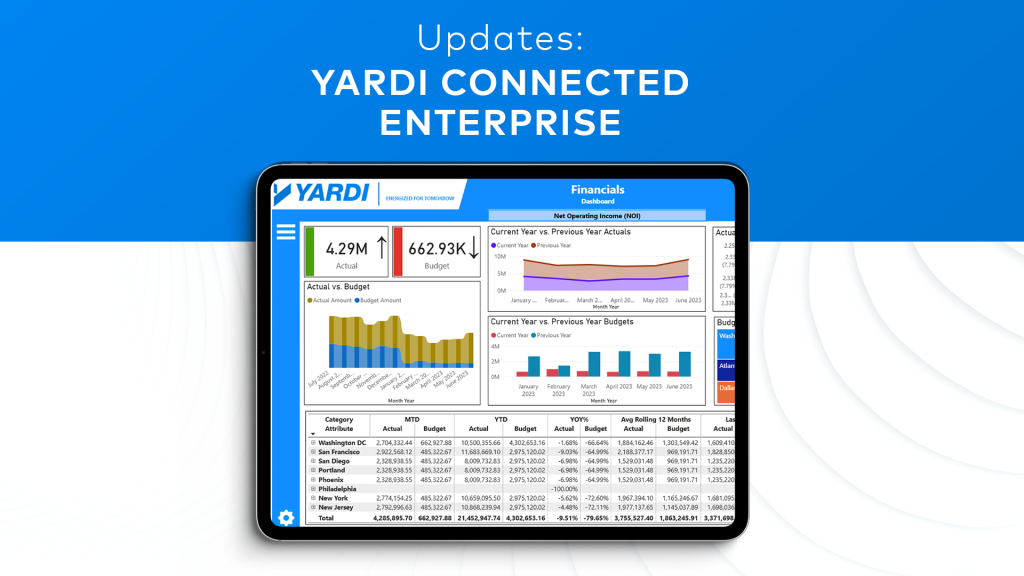By Anca Gagiuc on November 22, 2013 in Technology
Since Google started wiring cities like Kansas, Austin, and Provo move  100 times faster than normal via Google Fiber, conversations about jumping on the wireless Autobahn have been held nationwide.
100 times faster than normal via Google Fiber, conversations about jumping on the wireless Autobahn have been held nationwide.
Los Angeles has an ambitious plan. Unwilling to wait for a vendor to come and bring the fiber to all 3.5 million residents and businesses, they’ve decided to give it a try and issue an RFP (request for proposals); the vote determining its release will take place soon, reports Art Technica.
The costs for the project are estimated between $3 billion to $5 billion; the plan is to have the vendor bear the costs associated with the project, and if in case they’re not willing to cover them, the City Council may consider transferring a general fund to reimburse the respective departments.
The new fiber network translates into speeds of 2Mbps to 5Mbps offered for free to everyone, and up to a gigabit for paid subscribers. Through the new network the Wi-Fi hotspots in public areas would be powered as well. Currently Google Fiber is limited to residential connections.
Currently, the LA broadband ranges between 5Mbps to 50Mbps, provided by AT&T, Time Warner, Verizon, Cox, and Charter. There are gigabit speeds for commercial use, but at higher prices than in other communities. Having a powerful and solid fiber network at decent pricing could be a boost for the economy, as it might attract new entrepreneurs and retain the existing businesses from moving to greener pastures.
The plan of the Los Angeles Information Technology Agency is to have the network open in order to avoid monopoly. Furthermore, the RFP would favor companies that have the possibility to offer more than just fiber Internet. Candidates who can provide cellular service and data center hosting will have a head start, in which case AT&T and Verizon are valid bidders. Without the cellular component companies like Time Warner, Cox, and Charter could be applicants. Should Google want a place in the project, they’d have to change their business model, to include the sector for businesses, and to respond to the RFP, something they never done in their history.
The project, although supported by Mayor Eric Garcetti, will take long to be completed – the city will accept bids for three months, followed by six-to nine-month review and negotiation process before the job can get started.


